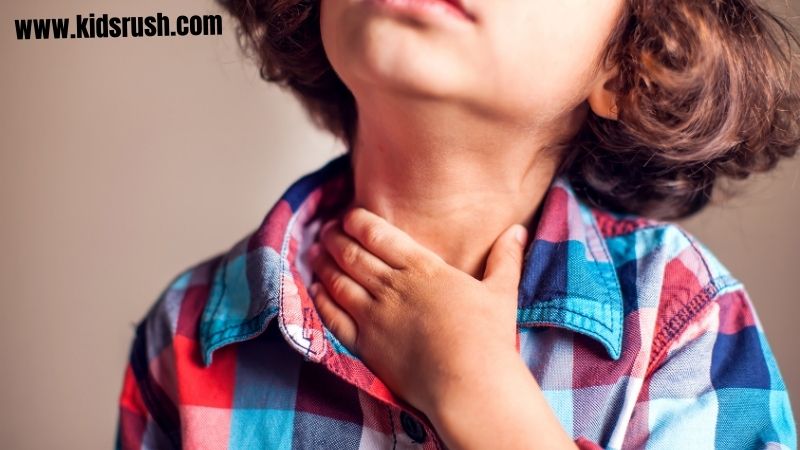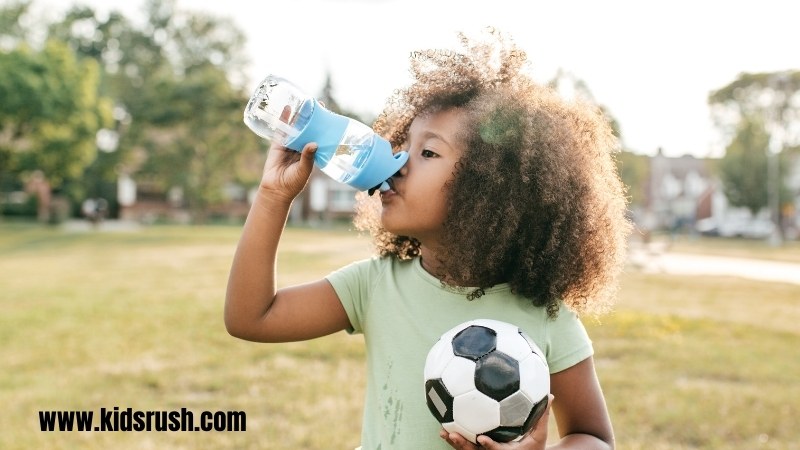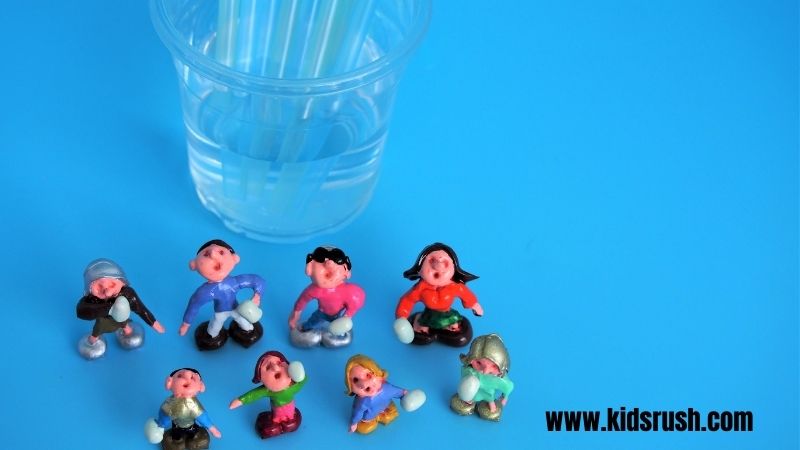Tonsillitis in children: how to treat it?:
Tonsillitis in children rarely causes complications. In any case, it is a medical condition that must be evaluated by the pediatrician, especially if it occurs regularly. What to do about it?
Tonsillitis in children is a common health problem, especially during the first years of life. It is caused by the infection of various types of germs, although it rarely leads to any complications.
Symptoms usually resolve in a short time without the need for treatment. Despite this, some seek remedies to control them and accelerate their relief. How can you fight?
Tonsillitis in children

We speak of tonsillitis when there is an inflammation of one or both palatine tonsils. The latter are small masses of oval-shaped tissue, with a lot of freshness, which is located on both sides of the throat, just in the back.
Inside these lumps, there are antibody-producing cells, whose function is to serve as the first line of defense against infectious agents. However, due to the presence of viruses or bacteria, they tend to become inflamed and cause discomfort.
The most common symptoms of tonsillitis in children are the following:
- Sore throat persistent.
- Fever.
- Bad breath that does not dissipate with regular tooth brushing.
- Swollen lymph nodes in the neck.
In the presence of these manifestations, the pediatrician should be consulted. Once the diagnosis of tonsillitis is made, the professional will guide towards the best therapeutic options depending on the case.
Home treatments for tonsillitis in children
Tonsillitis in children, once diagnosed in the pediatric office, can be treated at home. With some basic care, it is possible to improve the symptoms until the disease subsides. In general, when its origin is viral, remission occurs within 7 days.
Hydration

Optimal consumption of water and healthy fluids can help treat tonsillitis in children. While it will not cure the disease, it will improve symptoms such as throat irritation and dryness.
Also, since fever episodes can occur, it is essential to avoid dehydration. Therefore, several times a day, be sure to provide them with warm water, infusions with honey, broths, or fruit juices.
Humidifier
According to information published in the Mayo Clinic, humidifiers can help relieve respiratory symptoms. In this particular case, breathing moist air can soothe a dry throat and reduce the sensation of pain.
Gargles with salt

Younger children should avoid this remedy. However, if they are old enough to do it properly, it is also an option in the case of tonsillitis. As Sorana Segal-Maurer, chief of the Infectious Diseases Division at New York Hospital Queens, explains in an article by the WebMD corporation, this provides symptomatic relief.
Its application several times a day helps reduce irritation and the presence of germs. To do this, simply add a quarter teaspoon of salt to a glass of warm water.
Avoid irritants
Irritants like cigarette smoke and cleaning chemicals can increase discomfort when children have tonsillitis. Therefore, as far as possible, they should be avoided inside the home.
Rest and feeding
Among other things, children should be encouraged to get more rest and sleep to help them recover. This, added to adequate nutrition, will be decisive for relief. Some recommended foods are the following:
- Citrus fruits and red fruits.
- Green leafy vegetables.
- Whole grains.
- Fish and lean meats.
Medical treatments for tonsillitis in children

If tonsillitis in children has been caused by bacteria, the pediatrician may indicate the taking of an oral antibiotic. If its origin is a streptococcal infection, the most common is that the administration of penicillin or alternative medicine is indicated, if you are allergic to it.
It should be borne in mind that, even if the symptoms are no longer present, the intake of the prescribed antibiotics must be complete. That is, the child must take the entire dose that the pediatrician prescribed. The intake should not be interrupted during the indicated period, as otherwise the infection may worsen or spread.
From the age of 4, a lozenge to suck may also be indicated. It will help calm the symptoms temporarily. In the case of fever, it is necessary to consult about the use of children’s paracetamol or ibuprofen. If it is low, no medication will be necessary.
Surgery
If tonsillitis in children appears recurrently in a short time, the pediatrician may suggest a surgery called tonsillectomy in which the tonsils are removed. It is done in the following situations:
- If the episodes are recurrent.
- If there is sleep apnea.
- When the child does not improve with antibiotics.
- If you have difficulty swallowing or breathing.
Contagion prevention measures
Tonsillitis in children is contagious. Germs can be passed to another person and spread to them by coughing or sneezing. For this reason, it is important to teach children to do it over the elbow crease and to use tissues.
Good hygiene habits are essential. Minors must wash their hands several times a day and avoid sharing personal items. Also, after the infection is over, you need to replace your toothbrush. Keep that in mind!
